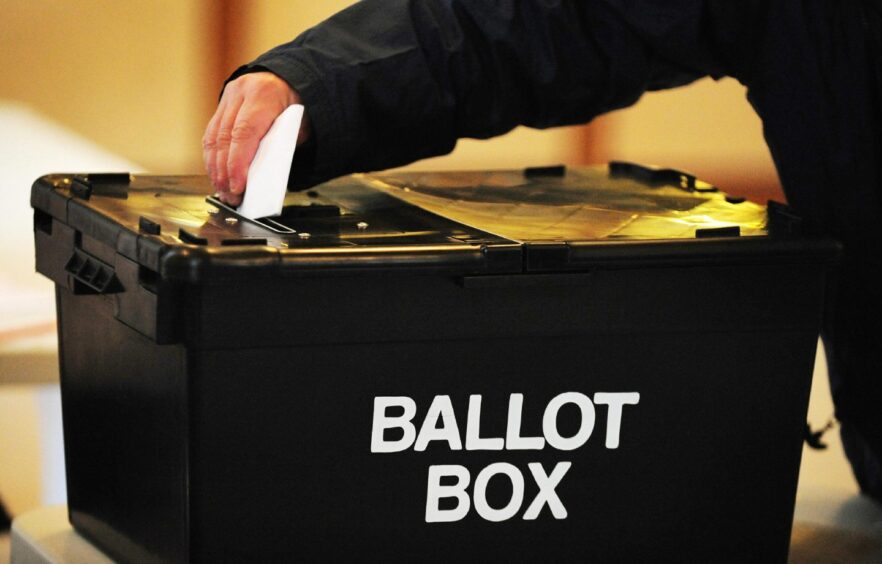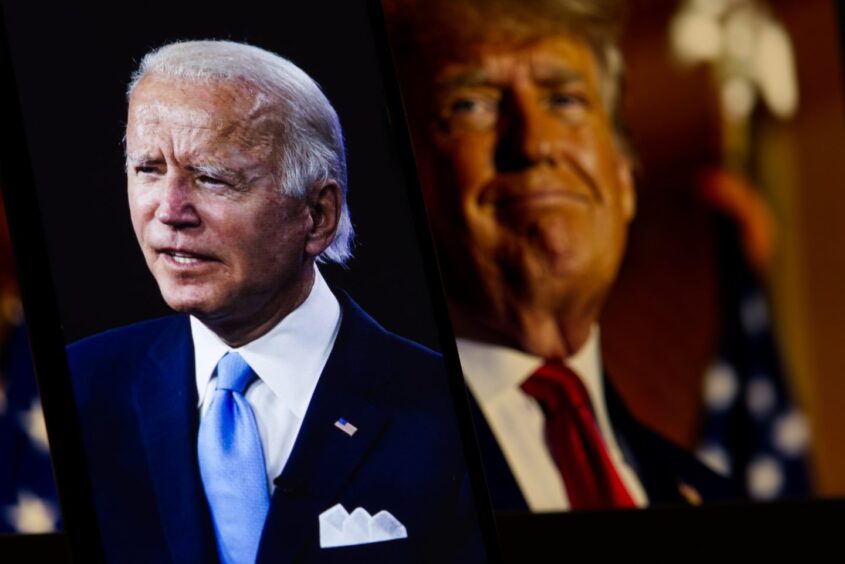Financial commentators love to feed us tales of woe about the next major headwind on the horizon for financial markets to contend with.
Why? Because there’s column inches and screen time to fill.
And a message of “allocate your money to an appropriate mix of global capital markets for the long-term and then go away and do something much more interesting” wouldn’t help generate advertising revenue around these tales of woe.
Always remember, you’re being sold to all of the time.
One such potential “headwind” being talked about this year is the fact we will have elections on both sides of the pond.
Forecasters will have you believe you need to take pre-emptive action to position your portfolio carefully in readiness for what might happen.
Markets take elections in their stride
In reality, exactly the opposite is true.
Look at any decades-long chart of the UK and US stock markets, overlay which party is in power and you’ll see markets actually take elections in their stride.
They care little about who is in charge in Downing Street or the White House.
Why should this be when so much airtime is dedicated to the topic?
Well, markets are forward pricing machines, always considering all the available information about what the future may look like and what consequences this could have on each and every constituent security listed on that market.
Pricing is dynamic, adjusting minute-by-minute to any news developments.
But, fundamentally, markets care little because what they represent is the power of human ingenuity to find a way to thrive regardless of the political landscape.
Or indeed the regulation that stems from government.
Let’s think about this on an individual company level – for example, one of the securities listed on the UK or US stock markets.
The employees, both staff and management, of that company strive on a daily basis to do everything in their power to provide goods or services that consumers demand and at a competitive price.
This is regardless of who is prime minister or president.
Politics all about short-termism
We have elections every four to five years so politicians think in those short-term cycles, concerned mainly with their own popularity and prospects for re-election at the end of the term.
Policymaking is, therefore, also hampered by short-termism.
But markets think long term and shareholders are investing in companies, not political parties or individual politicians.
Lots of people have skin in the game when it comes to market trading – and they all need to be paid.”
So, if you read any stock tips suggesting you should re-position your portfolio ahead of a potential change in government, please understand the motivation for this plea to trade is unlikely to be altruistic.
Lots of people have skin in the game when it comes to market trading – and they all need to be paid.
Stock tippers are a real and very public enemy.
So, in the words of US hip-hop group Public Enemy, “don’t believe the hype”.
Liam Kerr is an Aberdeen-based director of Carbon Financial Partners




Conversation